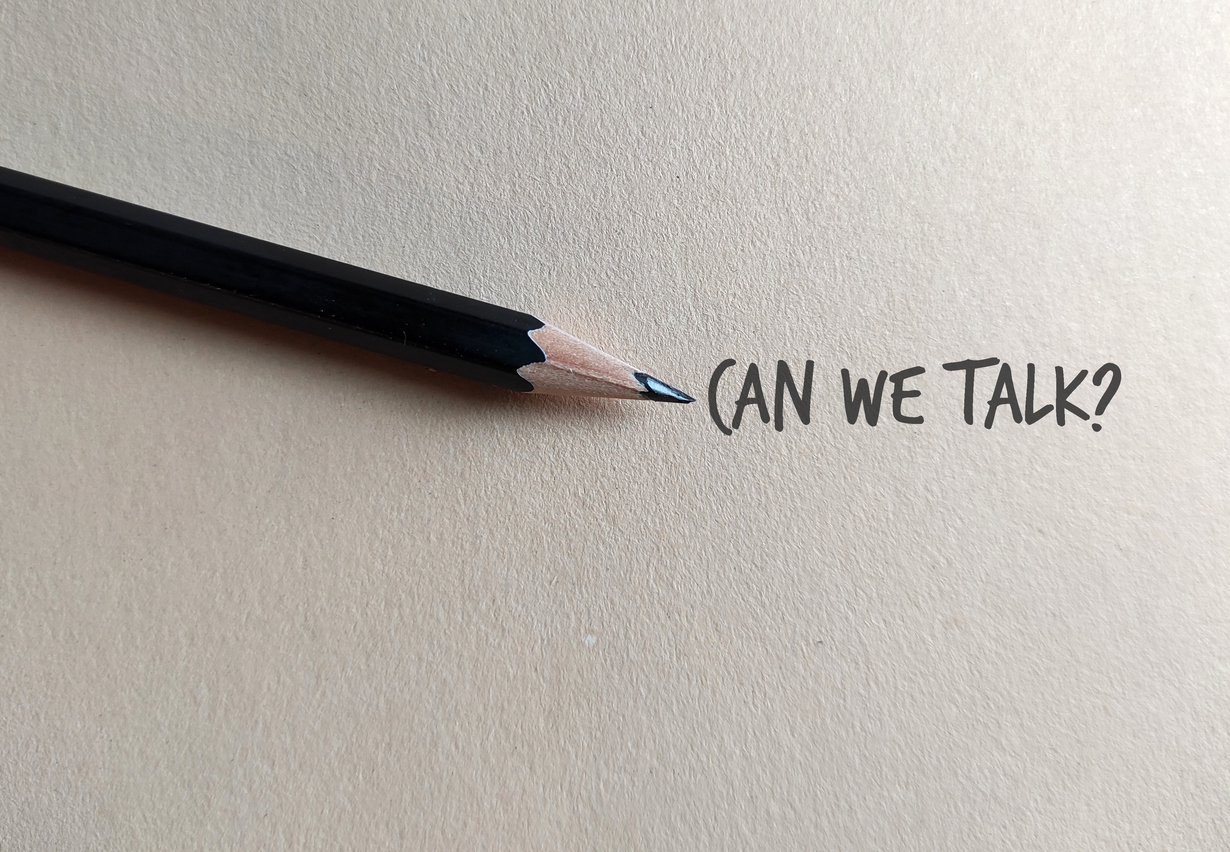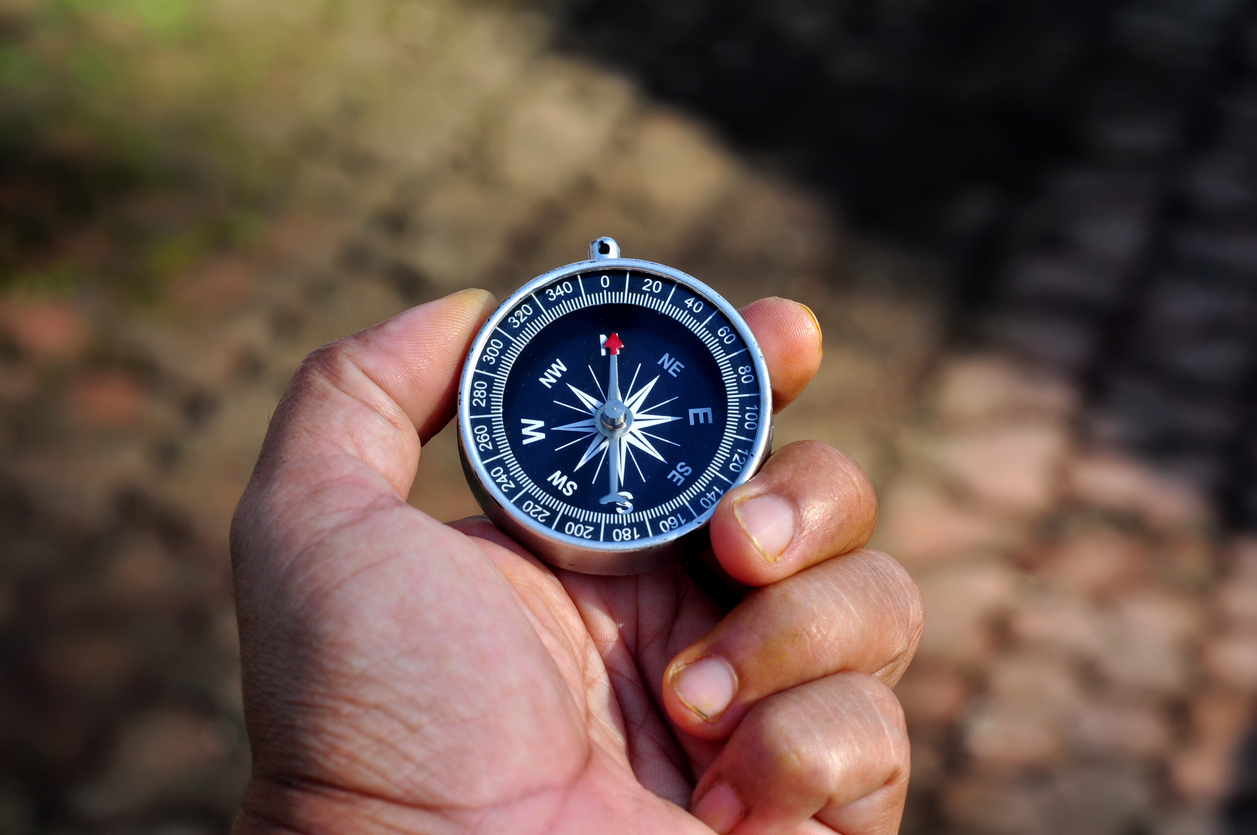How to have difficult and sensitive conversations
Difficult topics and conversations often come when you least expect them. Here are some strategies to prepare you for these moments

Created in partnership with

Created in partnership with

Sponsored by

Working in education can be an amazing experience for teachers and counsellors; the possibilities to transform futures, to inspire and to support young people for the next steps in their lives is immensely fulfilling. However, this work can also be incredibly difficult.
It’s hard to anticipate what might be “difficult“ for us or for our students and we have no way of knowing when “difficulty” will find its way into our day. Difficulty could be related a topic that is sensitive and uncomfortable to teach, a difficult assessment task or an issue that a student brings to us unexpectedly.
I’ve found the word difficult a useful umbrella term because it encapsulates the idea that difficulty happens in relation to something else – it helps us move away from an individualised blaming or shaming approach. Instead, we ask ourselves “what is difficult about this situation?”
For those of us who have been teaching for a long time, it can be disconcerting when we find ourselves facing a difficult situation that we didn’t expect to encounter after many years of experience. Similarly, facing difficulty as a recently qualified teacher can feel daunting, making us question our skills or competency. In the worst cases, difficulty can really make us question our ability to teach and support our students.
I’ve been thinking about how educators can be prepared to work with difficult and sensitive topics as part of their everyday work. This work has come out of a project called the Eugenics Legacy Education Project, set up in 2022, to explore how UCL can incorporate the history and legacy of eugenics into current teaching and learning activities, as part of its commitment in its public apology, to confront and address the harms of eugenics.
To deliberately insert a difficult topic into the curriculum has been, in equal measure, interesting and daunting. Our colleagues have asked questions about the tensions of working with difficult topics. While the work has been challenging, colleagues have enjoyed learning about anticipatory ways to plan their responses to difficult scenarios in our courses and microCPD. Doing this work, I’ve reflected on important principles in preparing to encounter difficulty as an educator.
Planned reflection – what are your feelings about difficulty? Is it something to be dreaded and avoided? Or is it something you welcome and embrace? Consider talking to your colleagues about their experiences of difficult situations from their experience. Comparing notes is important to demystify the experience and normalising difficulty in teaching is vital. Do you have a regular opportunity to talk about the dilemmas you face? If not, consider setting up Action Learning Sets with colleagues around a specific issue to explore the difficulty and the solutions in a confidential space.
Know your ‘what ifs’ – difficulty is inevitable no matter how long you have been teaching. A good approach is to actively list your own “what if’s?” – these are scenarios that seem daunting and would worry you if they appeared without warning in your session. For example, what if a student discloses a disability in my session? What if a student discloses bullying? Listing and planning responses in this way promotes a more intentional approach to seeking solutions. Anticipatory approaches are more effective in the long run and help us stay calm.
Learn to ‘hold’ the difficult space – while our instinct might be to panic when confronted with a difficult situation, it is important that students have confidence that we can “hold” difficulty. Holding space, means in this sense, resisting the urge to find a quick solution, to listen carefully and to be able to support someone no matter what emotions they bring to a conversation. It means moving away from making the conversation about us, demonstrating active listening and acknowledgment.
Talking about making mistakes – I’ve observed over the years that making mistakes, as a teacher or counsellor, is not often talked about. I often describe myself as a “recovering perfectionist”, which made talking about mistakes hard. Preparing to make mistakes in a professional capacity means thinking about how we move from blame and shame towards a learning conversation about the mistakes we make. Bruce Patton and colleagues of the Harvard Negotiation Project say that learning conversations are important because they make it safe to talk about what has happened.
The work you do to prepare for difficult topics will have a positive knock-on effect for other areas of your work. Often the “difficult thing“ doesn’t happen after all, but feelings of preparedness often generate benefits for our practice far beyond the initial investment in time we make.
Helen is an Associate Professor in the UCL Arena Centre and is currently leading a three-year Eugenics Legacy Education Project (ELEP). Helen’s teaching and research focus on inclusion and exclusion in education setting and she is interested in ways to support educational professionals to creative inclusive environments in their classrooms.
Helen trained as a teacher working in the field of social, emotional and mental health needs and subsequently became an advisory teacher for a local authority supporting schools to prevent permanent exclusion. She began working in higher education in 2006 and has worked in education departments at the universities of Plymouth, Bristol, Exeter and Wolverhampton.



